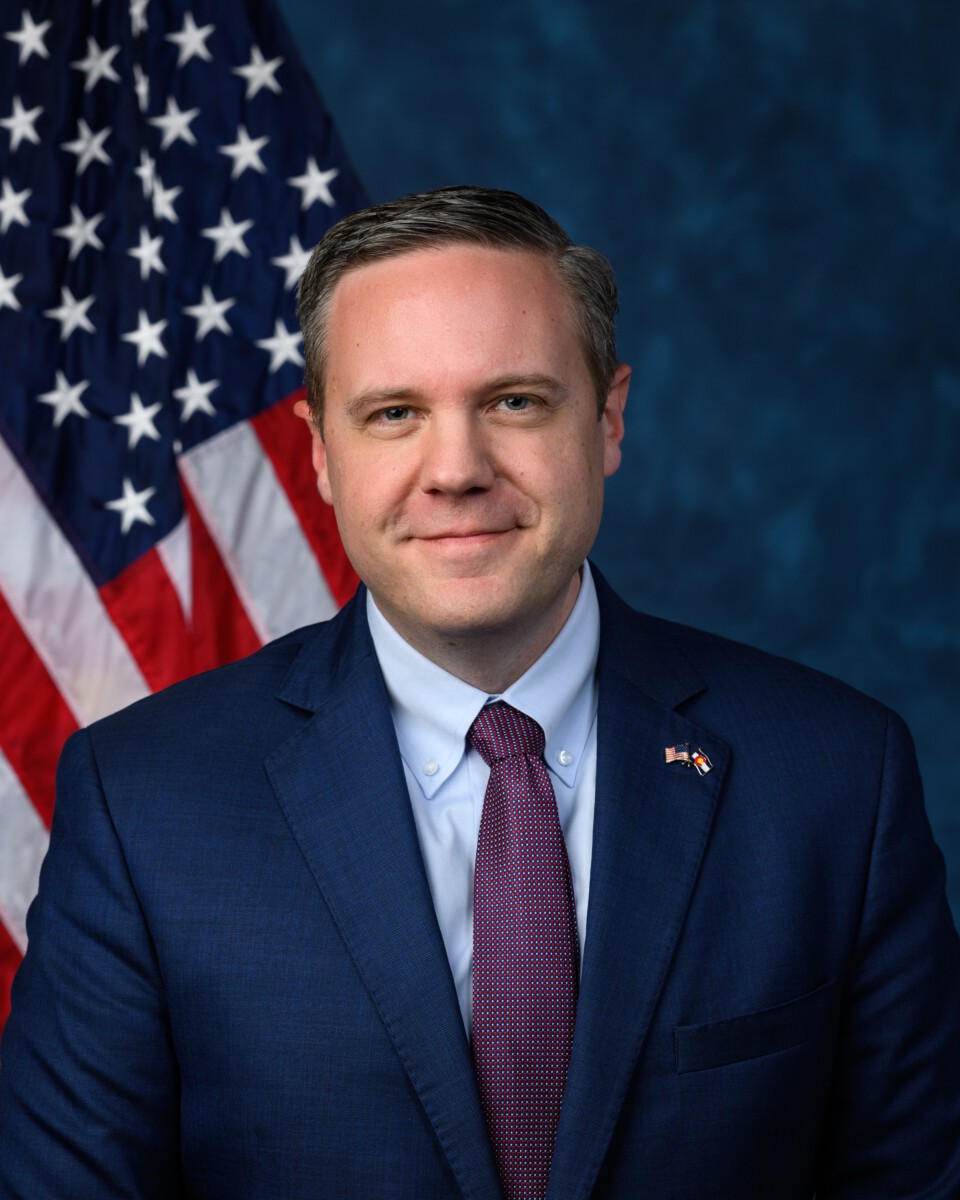
A Shutdown That’s Anything But Abstract (Image Credits: Upload.wikimedia.org)
Under the clear mountain skies of western Colorado, the weight of national gridlock feels heavier than ever as families brace for uncertain days ahead.
A Shutdown That’s Anything But Abstract
Picture this: thousands of federal workers in Colorado staring at empty paychecks while bills pile up. That’s the stark reality Rep. Jeff Hurd highlighted in a recent NPR discussion. He didn’t mince words, pointing out how this prolonged standoff is squeezing everyday people right where it hurts most.
Hurd, representing Colorado’s 3rd District, knows the terrain well – from the Western Slope to southern parts of the state. Federal employees there aren’t just numbers on a spreadsheet; they’re neighbors, parents, and community pillars. The shutdown, now dragging into its third week, has left many wondering how to make ends meet without that steady income.
His voice carried a sense of urgency, emphasizing that this isn’t some distant Washington drama. It’s disrupting lives in real time, from delayed services to growing anxiety over basics like groceries and rent.
Why Colorado Feels the Pinch So Hard
Colorado relies heavily on federal funding for everything from national parks to agricultural support. Hurd noted that wildfires and other disasters have already strained resources, and now the shutdown adds insult to injury. Ranchers and farmers in his district are waiting on USDA aid that’s stuck in limbo.
Take the Women, Infants, and Children program – vital for low-income families. Without full funding, access to nutrition support could falter, hitting vulnerable kids the hardest. Hurd stressed that military families aren’t spared either, with service members facing pay delays that ripple through local economies.
It’s a domino effect. Small businesses near federal installations see fewer customers, and tourism hotspots like national forests risk closures that could cost the state millions. Hurd’s message? This chaos is avoidable, yet it’s grinding on.
Hurd’s Push for Bipartisan Resolution
Rep. Hurd isn’t just complaining – he’s calling out Senate Democrats to step up and end the impasse. In his view, the House has done its part, passing measures to keep things running. Now, it’s time for the other side to negotiate in good faith.
He supports ideas like extending premium tax credits for health care, but only with reforms to control soaring costs. That’s a pragmatic stance, blending fiscal responsibility with real help for Coloradans facing premium hikes. Hurd co-sponsored a bill on this very issue, showing his commitment to practical fixes over partisan games.
Still, critics like Democratic challenger Alex Kelloff argue Hurd and Republicans bear some blame. Hurd counters that finger-pointing won’t pay the bills; action will. His approach aims to bridge divides, urging everyone to prioritize people over politics.
The Human Stories Behind the Headlines
One federal worker in Grand Junction shared how she’s dipping into savings just to cover childcare. Stories like hers flood Hurd’s office, painting a picture of quiet desperation. The shutdown isn’t abstract policy – it’s skipped family dinners and mounting stress.
In Colorado Springs and beyond, veterans’ services are on hold, leaving heroes who served the nation in a lurch. Hurd recounted talks with constituents who feel forgotten amid the D.C. tug-of-war. These personal accounts fuel his resolve to advocate louder.
Broader worries loom too, like potential long-term hits to health care access if subsidies lapse. Families could see premiums jump dramatically, turning a policy debate into a financial nightmare.
Key Ways the Shutdown Hits Colorado Hard
To grasp the scope, consider these direct impacts:
- Federal workers furloughed or unpaid, affecting over 30,000 in the state alone.
- Delayed disaster aid for wildfire victims, stalling recovery in rural areas.
- Threats to food assistance programs, putting nutrition at risk for thousands of kids.
- Economic slowdown in tourism and agriculture, key drivers of local jobs.
- Strains on military bases like Fort Carson, where pay uncertainty breeds worry.
- Health care uncertainties, with potential premium spikes for seniors and small businesses.
Each point underscores why Hurd sees this as a crisis demanding swift attention. The list grows longer by the day, amplifying calls for compromise.
Paths Forward Amid the Standoff
Hurd envisions a deal that secures funding without ballooning the deficit. He’s open to discussions on health care affordability, but insists they happen with the government fully operational. Shutting down essential services only hardens positions, he argues.
Looking at past shutdowns, Colorado bounced back, but scars lingered – from employee morale to service backlogs. This time, with inflation still biting, the stakes feel higher. Hurd’s optimism hinges on leaders remembering their duty to constituents over ideology.
Community leaders echo his plea, pushing for unity. Events in districts like his are buzzing with frustration, turning national news into local rallies for resolution.
Key Takeaways from Rep. Hurd’s Perspective:
- The shutdown harms federal workers and families most, with pay delays causing immediate hardship.
- Colorado’s economy, tied to federal programs, faces outsized risks from prolonged delays.
- Bipartisan talks on issues like health care subsidies could break the deadlock if prioritized.
In the end, Rep. Hurd’s words remind us that government gridlock isn’t victimless – it’s a burden on real lives across Colorado. What steps do you think could finally end this shutdown? Share your thoughts in the comments below.







